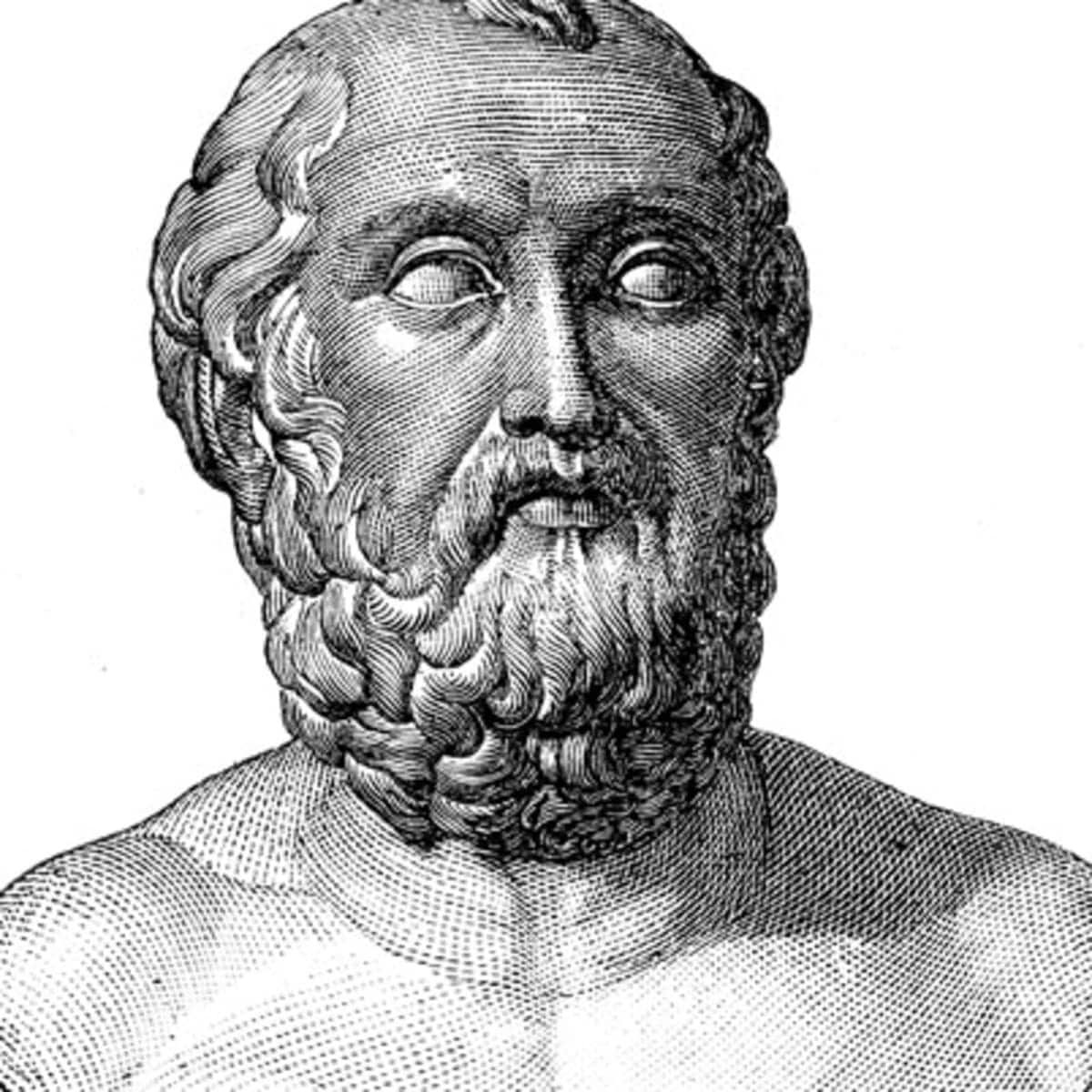Plato
Plato (/ˈpleɪtoʊ/ PLAY-toe; Greek: Πλάτων Plátōn, pronounced [plá.tɔːn] in Classical Attic; 428/427 or 424/423 – 348/347 BC) was an Athenian philosopher during the Classical period in Ancient Greece, founder of the Platonist school of thought and the Academy, the first institution of higher learning in the Western world.
He is widely considered the pivotal figure in the history of Ancient Greek and Western philosophy, along with his teacher, Socrates, and his most famous student, Aristotle.[a] Plato has also often been cited as one of the founders of Western religion and spirituality. The so-called Neoplatonism of philosophers such as Plotinus and Porphyry greatly influenced Christianity through Church Fathers such as Augustine. Alfred North Whitehead once noted: “the safest general characterization of the European philosophical tradition is that it consists of a series of footnotes to Plato.”
Plato was an innovator of the written dialogue and dialectic forms in philosophy. Plato is also considered the founder of Western political philosophy. His most famous contribution is the theory of Forms known by pure reason, in which Plato presents a solution to the problem of universals known as Platonism (also ambiguously called either Platonic realism or Platonic idealism). He is also the namesake of Platonic love and the Platonic solids.
His own most decisive philosophical influences are usually thought to have been along with Socrates, the pre-Socratics Pythagoras, Heraclitus and Parmenides, although few of his predecessors’ works remain extant and much of what we know about these figures today derives from Plato himself.[b] Unlike the work of nearly all of his contemporaries, Plato’s entire body of work is believed to have survived intact for over 2,400 years. Although their popularity has fluctuated over the years, Plato’s works have never been without readers since the time they were written. Plato is often ranked among the most influential people in human history.
-
“We can easily forgive a child who is afraid of the dark; the real tragedy of life is when men are afraid of the light.”
-
“A good decision is based on knowledge and not on numbers.”
-
“Thinking – the talking of the soul with itself.”
-
“There is no harm in repeating a good thing.”
-
“Truth is the beginning of every good to the gods, and of every good to man.”
-
“Knowledge without justice ought to be called cunning rather than wisdom.”
-
“The first and greatest victory is to conquer yourself; to be conquered by yourself is of all things most shameful and vile.”
-
“Wealth, and poverty; one is the parent of luxury and indolence, and the other of meanness and viciousness, and both of discontent.”
-
“An empty vessel makes the loudest sound, so they that have the least wit are the greatest babblers.”
-
“Opinion is the medium between knowledge and ignorance.”
-
“If a man neglects education, he walks lame to the end of his life.”
-
“Books give a soul to the universe, wings to the mind, flight to the imagination, and life to everything.”
-
“All men are by nature equal, made all of the same earth by one workman.”
-
“The measure of a man is what he does with power.”
-
“The direction in which education starts a man will determine his future in life”.
-
“Wise men speak because they have something to say; Fools because they have to say something.”
-
“Bodily exercise, when compulsory, does no harm to the body; but knowledge which is acquired under compulsion obtains no hold on the mind.”
-
“Knowledge becomes evil if the aim be not virtuous.”
-
“Writing is the geometry of the soul.”
-
“Necessity is the mother of invention.”
Hope you enjoyed reading these quotes. I think these quotes are even more powerful than the last ones.
Peace









Comments & Discussion
7 COMMENTS
Please login to read members' comments and participate in the discussion.